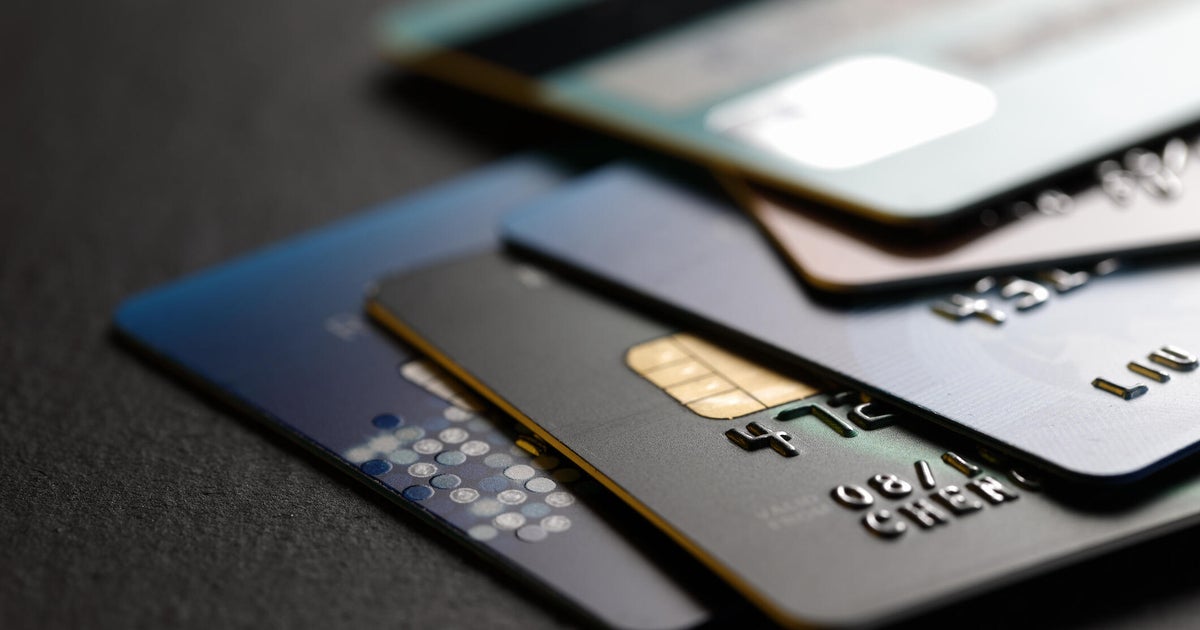How to qualify for credit card debt forgiveness this October
In today's economy, many people are finding it difficult to keep up with their financial obligations. After all, the cost of living has risen dramatically over the last couple of years, driven by higher housing prices, increased grocery bills and rising expenses for basic necessities like utilities and transportation. For many, these higher costs are eating into their budgets, leaving little room for unexpected expenses or emergencies. And, in some cases, the financial strain has forced people to rely on their credit cards to make ends meet, leading to an increase in consumer debt nationwide.
As a result, credit card debt is climbing. During the second quarter of this year, the total amount of credit card debt nationwide surpassed $1.14 trillion for the first time in history, and millions of Americans are now carrying high-rate card balances. There has also been an uptick in the number of cardholders who are struggling to stay on top of their monthly credit card payments, which can quickly become a heavy burden, especially considering how fast the late fees and interest charges compound.
If you're one of the many cardholders who's struggling to manage their credit card debt, you may be considering your debt relief options. One option that could help substantially ease the burden is credit card debt forgiveness, also known as debt settlement, which can reduce your outstanding debt by 30% to 50% on average. But how can you qualify for credit card debt forgiveness if you need the extra help this October? That's what we'll explain below.
Is your credit card debt compounding? Find out how to eliminate it now.
How to qualify for credit card debt forgiveness this October
There are no strict, formal qualifications for credit card debt forgiveness. However, it's important to understand what the process typically entails and the conditions that can improve your chances of success.
Credit card debt forgiveness involves negotiating with your creditors to settle your debt for less than the full amount owed. This can be done on your own, but most people choose to work with a professional debt relief company, which can handle negotiations on your behalf and offer guidance throughout the process.
If you plan to work with a debt relief company, there are some common requirements to be aware of. One is that most debt relief companies have a minimum debt threshold you'll need to meet before they will take you on as a debt forgiveness client.
This minimum is typically around $7,500 in unsecured debt, though it can vary from one company to the next. That minimum debt threshold ensures that you have enough debt to make the settlement process worthwhile for both you and the company handling your negotiations. If your total debt is less than this, you may not qualify.
Debt forgiveness programs are also generally designed to help cardholders who are experiencing significant financial hardship. This can include losing a job, dealing with unexpected medical expenses or facing other financial challenges that make it difficult to pay off your credit card debt.
When you enter into debt settlement negotiations, creditors are more likely to agree to settle for less if you can demonstrate that you're unable to pay the full amount. This means that to qualify, you may need to provide evidence of your financial hardship, such as income statements, medical bills or documentation of other debts.
It's also important to note that debt settlement is typically reserved for cardholders who are behind on their credit card payments. Creditors are less likely to agree to settle for less if you've been consistently making minimum payments, as this shows that you're able to manage your debt, albeit slowly. If you've missed payments or are at risk of defaulting on your credit card, you'll be in a better position to negotiate a settlement.
Learn more about debt forgiveness today.
What to do if you don't qualify for credit card debt forgiveness
If you find that you don't meet the criteria for a formal debt forgiveness program, or if you prefer to explore other options, consider the following alternatives:
- DIY debt settlement: If you don't qualify through a debt relief company, you can attempt to negotiate settlements directly with your creditors. While the negotiations can be challenging, it allows you to avoid the requirements and the fees associated with debt relief companies.
- Debt consolidation: If your credit score is still relatively good, you may qualify for a debt consolidation loan or a balance transfer credit card with a low introductory interest rate.
- Credit counseling: Credit counseling agencies can provide budgeting advice and may be able to help you enroll in a debt management plan to lower interest rates and consolidate payments.
- Bankruptcy: While a last resort, bankruptcy can provide a fresh financial start for those with overwhelming debt.
The bottom line
Credit card debt forgiveness can be a lifeline for those facing overwhelming debt, but it's important to understand how to qualify before pursuing this option. If you're dealing with a significant amount of credit card debt and financial hardship this October, consider exploring debt forgiveness as a potential solution. But even if you don't qualify, there are other paths to managing your debt, including debt management plans, consolidation loans and bankruptcy as a last resort. By taking proactive steps and seeking out the right debt relief option for your situation, you can start to regain control of your financial future.




